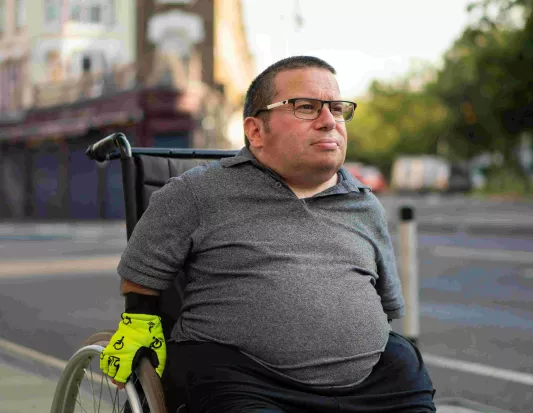If you are looking at whether you have been given the right decision there are some things you need to understand.
Whether or not you are entitled to PIP is based on how your illness, and treatment, condition, or disability affects you and what help you need with very specific things.
PIP awards are worked out using a points system. For example, if you need help from another person to wash your hair, you get 2 points, if you need help to get into the shower or bath you get 3 points, etc. You only score one set of points from each activity (for example, washing), so you should get whichever gives you the most points.
You need 8 points to get the standard rate of the daily living component, or 12 points for the enhanced rate. Similarly, you need 8 points for the standard rate of the mobility component and 12 points for the enhanced rate.
If the only way you can do something is to do it unsafely, badly, slowly, or only occasionally/not repeatedly, the correct descriptor is the one that says you cannot do it. So, for example, if you do cook alone but you can’t do it safely because you can’t see what you are chopping or where the pan of boiling water is, you meet the descriptor that says you need supervision to stay safe or help to cook. Or, if you can walk 100 metres but it takes you more than twice as long as it would take a non-disabled person, or you could only do it once a day, you meet the descriptor that says you cannot do it.
Similarly, if you can do a task but doing it causes you pain, tiredness, breathlessness, nausea or makes your condition worse, the correct descriptor is the one that says you cannot do it. So, for example, if you can walk 20 metres using walking sticks but doing so hurts you, makes you so tired you cannot manage other things like cooking a meal, or makes your condition worse for the next few hours, you meet the descriptor that says you cannot do it.
If your condition is worse on some days than others, you will meet the requirements of a particular descriptor if that is how your condition is for more than 50% of the time. For example, if you could sometimes manage a simple budgeting decision by yourself, but on most days would find that impossible, you meet the descriptor that says you need that help. Or if you need physical help to undress every other day, you meet that descriptor. You would also meet it if you had a good 2 weeks, but then couldn’t undress without help for the next two weeks. If you don’t meet the requirements for one descriptor for 50% of the time, but you do meet the requirements for two descriptors for the same activity and that adds up to more than 50% of the time, you get the points for the descriptor that you meet for most of the time.
If you haven’t checked what rate you should be getting yet, use our PIP mandatory reconsideration tool. It will help you work out if the DWP has given you the right decision. And if they haven’t, the self-help tool helps you to write a really good letter asking for a mandatory reconsideration.









